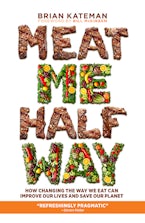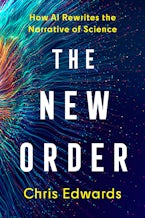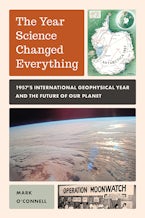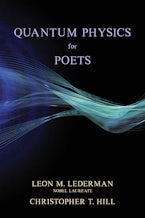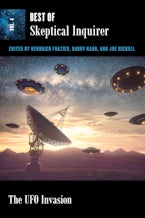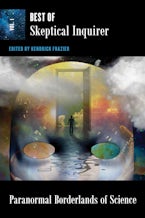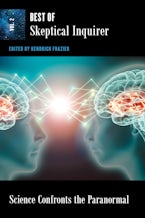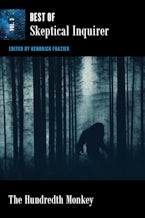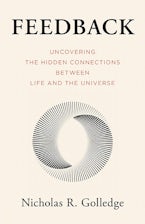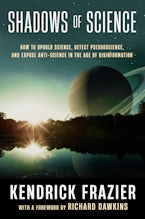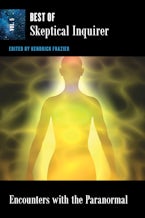“Meat Me Halfway is refreshingly pragmatic, a timely reminder that the perfect is the enemy of the good. Persuasive and optimistic, Kateman’s book offers a roadmap for a healthier and more sustainable and compassionate world.” — Steven Pinker, Johnstone Professor of Psychology, Harvard University, and author of The Better Angels of Our Nature and Enlightenment Now
“Meat Me Halfway is full of hope. Kateman shows us how, with ingenuity, we can create a food system that will be more sustainable, healthier and compassionate."— Dr. Jane Goodall, DBE, Founder of the Jane Goodall Institute & U. N. Messenger of Peace
“Meat Me Halfway is a must-read book—ingenious and far-reaching. This is Brian Kateman at his best.” —Dr. Mark Hyman, Author of Food Fix: How to Save Our Health, Our Economy, Our Communities, and Our Planet--One Bite at a Time
“'Halfway'” sounds like a compromise—but in fact this is quite a radical book and idea. Not to mention smart and elegant. —Bill McKibben, Author of The End of Nature
“Meat Me Halfway is a brilliant manifesto for building longer tables through simple choices about the food we eat. With wisdom and humor, Kateman elevates real solutions to transforming our food system and healing our planet.” – Chef José Andrés, founder of World Central Kitchen and author of Vegetables Unleashed
“Exceptionally thoughtful and well-argued.” — Marion Nestle, Professor of Nutrition, Food Studies, and Public Health, Emerita, New York University and author most recently of Let’s Ask Marion
NetGalley Review: 4 stars
Last updated on 23 Mar 2022
"The debate over meat consumption is complicated and heartfelt on both sides. On one hand, it's hard to give up the pleasure of eating a really good burger, but on the other, there are a lot of people who feel sad for the animal life that is cut short to provide the meat for that burger. Brian Kateman is the founder of the reducetarian movement, where the goal is not to obliterate meat consumption entirely, but rather to make meat healthier for us, more humane for the animals involved, and more sustainable for the planet.
Kateman looks at many of the different aspects of the meat industry. One of the things that was most interesting to me was his look at meat grown in a lab. This gives me the most hope for a humane meat industry. The animals don't need to be slaughtered, and people aren't forced to give up their sandwiches and such. No doubt it will be controversial as it becomes more available to the general public, but I was fascinated to read about how lab-grown meat has been developed so far and where the industry is hoping to go.
It might be good to note that as with most books that tackle the meat industry, there are descriptions of animals going to the slaughterhouse. I personally found these places difficult to read, and rightfully so. It is too easy to forget or be ignorant of the fact that a life was taken for me to eat dinner most nights. For anyone like me who is sensitive to animals being killed, just be cautious as you're reading this book.
Overall, this is a really helpful read for anyone who sees the need for changing their meat consumption. Kateman's philosophy is empowering to me because my family is not at the point where it would be easy to cut out meat entirely, but we can reduce the amount of meat that we eat and this is a good reminder that it's important to do so.
Thank you to Brian Kateman, Rowman & Littlefield, and NetGalley for the opportunity to read this book in exchange for an honest review."—Mary Beers, consumer reviewer
